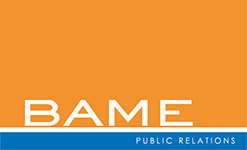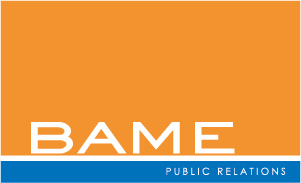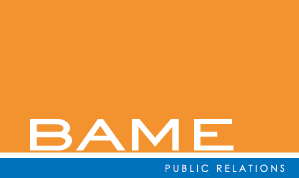Blogs Create Powerful Connections to the Media
UCLA Law Professor Eugene Volokh is a great example of the power of leveraging a blog as a media resource. In contrast to the lack of lawyers or firms commenting on the Sony Pictures hack, Mr. Volokh uses his blog: The Volokh Conspiracy, which is hosted by the Washington Post, as a way to effectively talk on a topic where most are refusing comment. Today alone Volokh’s blog is referenced in two high profile media outlets including the WSJ Law Blog. Why? He is making it easy for the media to find him via simple online searches. Also, he tackling a timely news story most media outlets around the world are covering. Add to that, he is providing thoughtful commentary on an important issue: whether the media has the right to use the stolen emails in their reporting. He goes beyond covering what is already out there by offering his opinion on the core issue of whether the media could be liable.
Why am I a huge fan of blogging? Blogging is a ready-made platform to discuss cases or topics that the media is covering or should be covering. By providing good commentary and references to cases or research that busy reporters want when deadlines are fast approaching, you make it easy to be the source of choice for broader media. Reporters love reputable sources, such as Volokh, who teaches first amendment law UCLA. Blogs offer an extra ounce of credibility, makes the author accessible and commentary makes the expert a resource.
In many cases, the content created through blogging is pulled directly from the site, making it easy for a reporter to use the blog author as a source without having to pick up the phone or send a request for interviews. And as an added bonus, it gives your PR firm extra content to push out to various news outlets that have yet to discover your block.
As a former media hack, this PR flack appreciates someone like Volokh.




